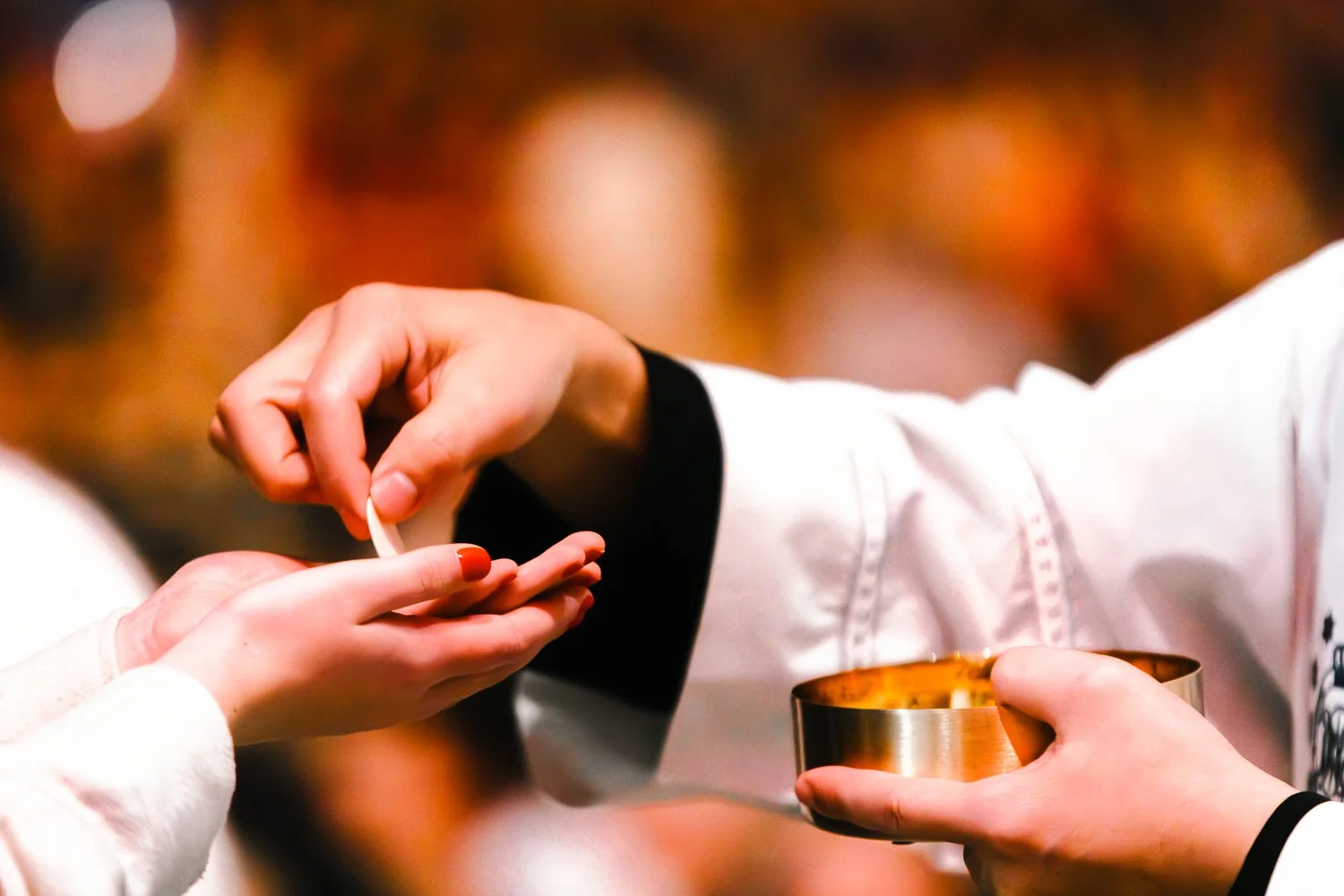Experience Renewal Through Grace, Mercy, and the Sacraments
“Likewise, no one pours new wine into old wineskins. Otherwise, the new wine will burst the skins, and it will be spilled, and the skins will be ruined. Rather, new wine must be poured into fresh wineskins. [And] no one who has been drinking old wine desires new, for he says, ‘The old is good’” (Luke 5:37-39).
The Symptoms of Our History
We’re prone to ebbs and flows in virtues, and we often mistake wisdom for folly and (vice versa). Our history points to clear examples. In Eden, Eve was deceived by the serpent’s lies, which led her and Adam to sin by disobeying God. This act, and their exile from the garden, defined a pivotal and recurring theme in the history of humanity: original sin. We know from sacred tradition that as humanity flourishes by God’s grace, the effects of original sin continue to affect each generation of God’s covenant. Because God is merciful, He provides for His creation.
We can remember King David’s sin beginning in 2 Samuel 11. Because of David’s treachery against Uriah, and his sin against Uriah and his wife, Bathsheba, David suffers the consequences of losing his firstborn with Bathsheba. With the help of the prophet Nathan, David realizes his iniquity and pleads to God for mercy. And, while David loses his first son, Bathsheba and David have another son: his successor, the wise King Solomon.
The Good News
The grace God gives us is greater than all of our sin and temptation, and we’re equipped with all the tools we need to grow in grace each day. These graces are guaranteed when we entrust ourselves to God’s will and regularly partake in the sacraments.
Let’s unpack the abundance of His grace. God doesn’t need us, yet He made us in His image. By recounting Adam and Eve’s story, God imparts to us the gift of detecting when we are on a path of error. (Think of the time when you watched a horror film and shouted at the protagonist not to open the obviously wrong door!) As a knife is dull when it’s not sharpened, though, our appetites are disordered until we pray and partake in God’s sacraments.
When Christ began His ministry, he established these sacraments for us. John the Baptist baptized Him in the Jordan. Now, we receive pardon from original sin at the baptismal font and receive the Holy Spirit. What a wonderful renewal! We renew and strengthen these graces in the rest of the Sacraments, which Christ so lovingly established for us (the Luminous mysteries of the Rosary provide us with an excellent reminder).
Our Example
An essential person in God’s Divine plan was an extraordinary woman: Mary.
Like Eve, the Blessed Mother was immaculately conceived (without original sin). Yet Mary differed from our first mother, because Mary followed God’s plan (as the Angelus prayer concisely retells). Eve believed Satan’s lies about becoming like God, and her decision created a snowball effect of suffering for her and Adam. Mary, on the other hand, did not desire to be like God.
As businesswomen, how many times have we erred by believing in lies, even with the intention to use our gifts in service of others? I write this not to fault anyone but to remind us that there is always good news! Mary is our great example and Polaris, pointing us to her Son.
God Wills Our Good
God wills good in all His creation. He gives us a plentitude of examples in Scripture for what happens when we follow our own will—and what happens when we follow His will. Because God is so just, He gives us the choice.
As we enter Lent with our resolutions checklist on hand, and as we stay contemplative in the choices we make with each quarter, season, month, week, and day, allow me to conclude this article with two questions:
Will you participate in the sacraments?
Will you let God’s will guide your decisions?
Elisejane Plecnik is an Indiana-based Catholic who is a creative technologist specializing in software development. Outside of code, she contemplates Jesus through Mary. Inside code, she contemplates Jesus through Mary. She hopes to share all things theology and code which keep all members of CWIB resplendent and flourishing.

